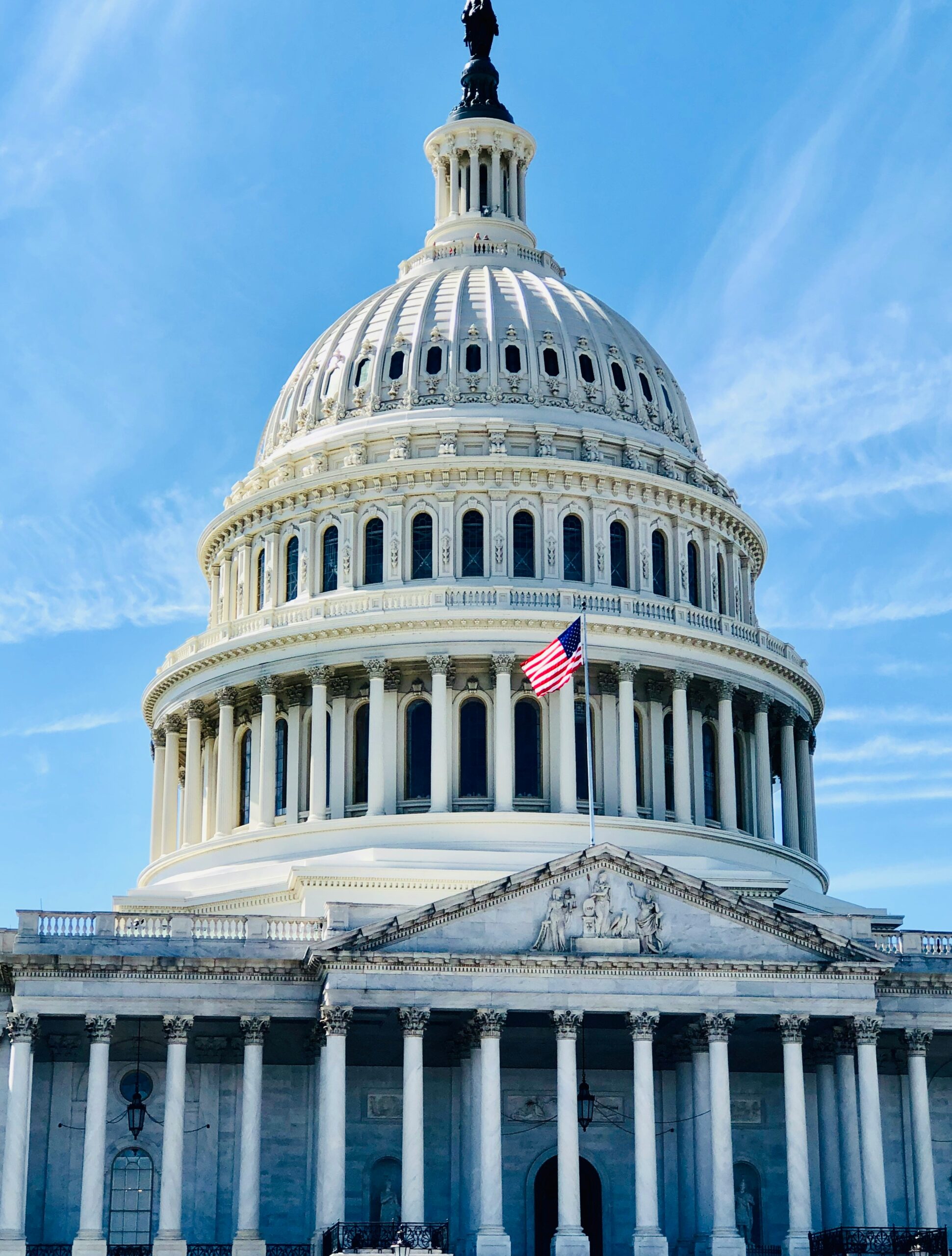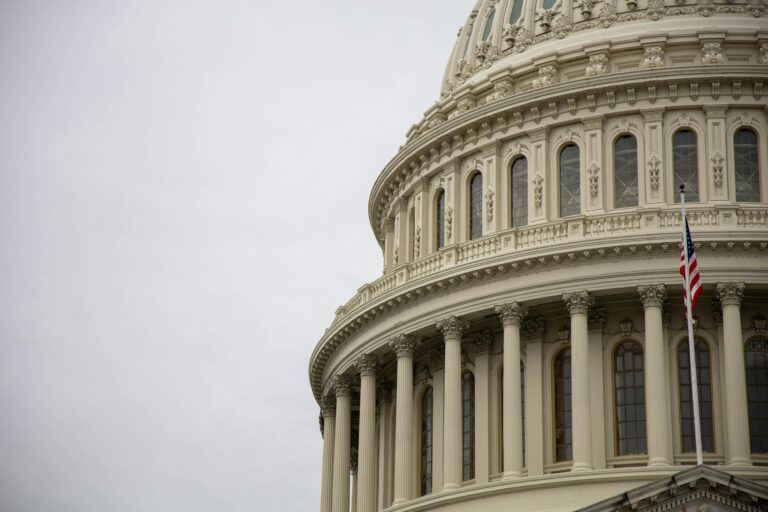
In the digital age, political campaigns have increasingly turned to big data to target voters more effectively and shape election outcomes. Big data refers to the massive amounts of information that can be collected, analyzed, and used to identify patterns in behavior, preferences, and attitudes. For political campaigns, this means gathering vast quantities of personal data to understand voters better, micro-target them with specific messages, and ultimately influence their decisions at the ballot box.
While the use of big data in political campaigns has revolutionized how candidates reach voters, it has also raised important ethical questions about privacy, manipulation, and transparency. This article explores how political campaigns use big data, the ethical implications of this practice, and its impact on election outcomes.
How Campaigns Use Big Data to Target Voters
Political campaigns today are data-driven enterprises. They use big data analytics to gain insights into voter behavior, enabling them to design more personalized and effective outreach strategies. The data that campaigns collect comes from a variety of sources, including social media platforms, public records, online activity, and commercial databases.
- Data Collection
The foundation of any data-driven campaign is the collection of voter information. Campaigns gather data from numerous sources to build profiles of individual voters. This data can include:
- Voter registration data: Basic demographic information like age, gender, and party affiliation, which is publicly available through voter registration records.
- Consumer data: Information about voters’ purchasing habits, interests, and lifestyle choices, which can be purchased from data brokers.
- Social media data: Insights into voters’ political views, personal interests, and social networks based on their activity on platforms like Facebook, Twitter, and Instagram.
- Geolocation data: Data from smartphones and apps that tracks a user’s location, helping campaigns identify where specific voters live, work, or spend their time.
Once collected, this information is fed into sophisticated data analysis models to segment voters based on their likelihood to support a candidate, donate to a campaign, or participate in get-out-the-vote efforts.
- Micro-Targeting
One of the most significant advancements in modern campaigning is the ability to micro-target voters. Micro-targeting uses data analytics to deliver personalized messages to small, specific groups of voters based on their interests, behaviors, and preferences. Instead of broadcasting a single message to a broad audience, campaigns can tailor their outreach to different segments of the population.
For example, a political campaign might send one set of ads to environmentally conscious voters emphasizing the candidate’s climate change policies, while targeting a different set of voters with messages about job creation or economic growth. This level of personalization makes campaign messages more relevant and persuasive to individual voters.
Micro-targeting can take various forms, including:
- Digital ads: Social media platforms like Facebook and Google allow campaigns to target voters based on specific demographics, interests, and online behavior.
- Email marketing: Campaigns can use email lists to send targeted communications to different voter segments, encouraging them to donate, volunteer, or vote.
- Text messaging: Campaigns increasingly use SMS to send personalized messages to voters, often reminding them of key voting deadlines or providing information on where and how to vote.
- Predictive Analytics
Another critical use of big data in political campaigns is predictive analytics. Predictive models use historical data to forecast future voter behavior, helping campaigns allocate their resources more effectively. For example, by analyzing past voting patterns, campaigns can predict which voters are likely to turn out for an election, which are persuadable, and which are unlikely to vote at all.
Predictive analytics also helps campaigns determine where to focus their canvassing and advertising efforts. For example, campaigns may prioritize swing voters in key battleground states, using data to predict how individual voters might respond to different campaign messages.
The Ethical Implications of Big Data in Politics
While the use of big data in political campaigns offers significant advantages in terms of voter engagement and targeting, it also raises serious ethical concerns about privacy, manipulation, and transparency. These concerns have become especially acute in recent years, as the collection and use of personal data have expanded to unprecedented levels.
- Privacy Concerns
One of the primary ethical issues surrounding big data in politics is the potential violation of voter privacy. Many voters are unaware of how much personal information is being collected about them or how it is being used by political campaigns. Data brokers often gather vast amounts of personal data without the knowledge or explicit consent of individuals, raising questions about how this information is obtained and shared.
Moreover, some data sources, such as social media activity or smartphone geolocation data, are particularly invasive. Voters may not realize that their online activity or physical movements are being tracked and analyzed for political purposes, which raises concerns about the right to privacy in a digital world.
- Manipulation of Voters
The ability to micro-target voters with highly personalized messages has raised concerns about the potential for manipulation. Political campaigns can use big data to identify and exploit voters’ vulnerabilities, targeting them with emotional appeals or misleading information designed to sway their decisions. In some cases, campaigns have been accused of using these tactics to spread misinformation or disinformation to vulnerable voter groups.
For example, during the 2016 U.S. presidential election, the data firm Cambridge Analytica was accused of using Facebook data to target voters with emotionally charged political ads, some of which contained false or misleading information. The controversy highlighted the potential for data-driven campaigns to manipulate voters by feeding them carefully curated information designed to provoke a specific emotional response.
- Lack of Transparency
Another ethical issue related to the use of big data in political campaigns is the lack of transparency. Many voters are unaware of how political campaigns use their data, and there is often little oversight or regulation governing these practices. Unlike traditional media, where campaign advertisements are subject to certain disclosure requirements, digital ads and other forms of micro-targeting are often less transparent.
For instance, on social media platforms, political ads can be tailored so specifically that they are only seen by a small group of users. This lack of visibility makes it difficult for the public, regulators, or even opposing campaigns to monitor the content and messaging being used. Without transparency, it becomes harder to hold campaigns accountable for unethical or misleading tactics.
The Impact of Big Data on Election Outcomes
The use of big data in political campaigns has had a profound impact on election outcomes, reshaping how campaigns are run and influencing voter behavior in ways that were unimaginable just a few decades ago.
- Enhanced Voter Targeting and Efficiency
By using big data, political campaigns can optimize their outreach efforts, ensuring that they target the right voters with the right messages at the right time. This allows campaigns to be more efficient in their spending and more effective in mobilizing their base and persuading undecided voters.
For example, data-driven strategies helped Barack Obama’s 2008 and 2012 campaigns achieve historic success in mobilizing young and minority voters. By leveraging big data to identify and reach key voter segments, Obama’s campaign was able to outmaneuver its opponents and secure decisive victories.
- The Rise of Digital Campaigning
Big data has also transformed the way campaigns are conducted, with digital campaigning becoming a central component of election strategies. Instead of relying solely on traditional methods like television ads or direct mail, campaigns now invest heavily in digital platforms to reach voters where they spend much of their time—online. The use of targeted digital ads, social media outreach, and email marketing has become essential for modern campaigns, allowing them to engage with voters in more personalized and interactive ways.
- Polarization and Echo Chambers
However, the use of big data in politics has also contributed to the rise of political polarization and the creation of “echo chambers.” By micro-targeting voters with messages tailored to their existing beliefs, campaigns can reinforce voters’ pre-existing opinions, making it more difficult for them to engage with opposing viewpoints. This can lead to greater political polarization, as voters are exposed only to information that aligns with their ideological preferences.
Additionally, social media algorithms designed to maximize engagement often prioritize content that provokes strong emotional reactions, further deepening divisions and driving voters into ideological silos.
Strategies for Addressing the Ethical Challenges of Big Data in Politics
As the use of big data in political campaigns continues to grow, it is essential to develop strategies to address the ethical challenges it presents. Several steps can be taken to ensure that data-driven campaigns remain ethical and transparent while protecting voters’ privacy.
- Strengthening Data Privacy Regulations
One way to address the privacy concerns associated with big data in politics is to strengthen data privacy regulations. Governments can introduce stricter rules governing how personal data is collected, used, and shared by political campaigns and data brokers. For example, the European Union’s General Data Protection Regulation (GDPR) provides a framework for protecting individuals’ data privacy, requiring companies to obtain explicit consent before collecting personal information.
Similar regulations could be adopted in other countries to ensure that voters are aware of how their data is being used and have the ability to opt out if they choose.
- Promoting Transparency in Digital Campaigning
To improve transparency, social media platforms and political campaigns should be required to disclose information about their digital advertising practices. For example, platforms like Facebook have introduced tools that allow users to see all the ads a political campaign is running at any given time. This helps increase transparency and allows for greater scrutiny of campaign messaging.
Governments could also introduce rules requiring political campaigns to disclose how they use voter data and provide more information about their targeting strategies.
- Encouraging Ethical Standards in Data Usage
Political campaigns, data firms, and tech companies should adopt ethical standards for the use of big data in elections. This could include commitments to avoid using data to manipulate or deceive voters, as well as pledges to respect privacy and avoid exploiting vulnerable populations.
Ethical guidelines could be developed by industry groups, academic institutions, or non-governmental organizations, providing a framework for responsible data use
in political campaigns.
Conclusion
The use of big data in political campaigns has transformed the way elections are conducted, offering new opportunities for targeted outreach and voter engagement. However, it also raises significant ethical concerns about privacy, manipulation, and transparency. As political campaigns continue to rely on data-driven strategies to influence voters, it is essential to strike a balance between leveraging big data’s advantages and protecting the integrity of the democratic process.
By adopting stronger data privacy regulations, promoting transparency in digital campaigning, and encouraging ethical standards for data use, societies can ensure that big data is used responsibly in politics. In doing so, we can preserve voters’ trust in elections and ensure that democracy remains fair and accessible to all.



